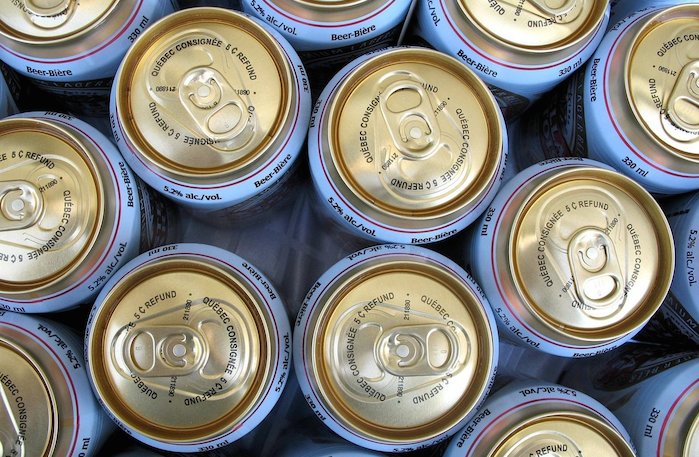A federal penalty levied against a Massachusetts beer distributor for “pay-to-play” practices has the U.S. government threatening a nationwide crackdown on the practice.
A distributor in the state was caught last year giving funds to bars and restaurants in return for putting their beers on tap, according to a new article by the Boston Globe. The U.S. government considers the practice illegal, as it basically awards tap or shelf space to the highest bidder, rather than whatever beers naturally rise in popularity in the consumer market. Pay-to-play therefore holds back smaller brewers from gaining exposure, and keeps certain products out of the hands of consumers.
The federal government’s six-month investigation into Mass distributor Craft Brewers Guild revealed that the company was paying Boston bars and restaurants as much as $120,000 to feature its beers. The deals also reportedly stipulated that those businesses not stock beers from the distributor’s competitors.
The article says that “faced with the possibility of having its federal license suspended or revoked, Craft Brewers Guild voluntarily paid $750,000 to settle the case, the largest sum the US alcohol bureau has ever collected from a single company for trade practice violations . . . Robert Angelo, director of the [US Alcohol and Tobacco Tax and Trade Bureau]’s Trade Investigations Division, characterized the large settlement as a warning to beer distributors everywhere and vowed to take a ‘hard stand’ against pay-to-play.”
Microbreweries have reportedly said that pay-to-play has been a big issue, especially in urban markets, where competition is crowded. Greg Koch, founder of Stone Brewing in California, said in the article that the practice expands far beyond just Craft Brewers Guild, and that usually if one wholesaler is violating the rules thusly, most of its competitors in the market are as well.
Whether a federal crackdown can prove successful remains to be seen. Factors that could prevent it, according to the article, include the “‘natural’ market value of tap handles and shelf space,” and that the practice is more common, and legal, in other industries — like soda.
Five Boston restaurants also faced fines in the case for accepting payments from the Craft Brewers Guild.




